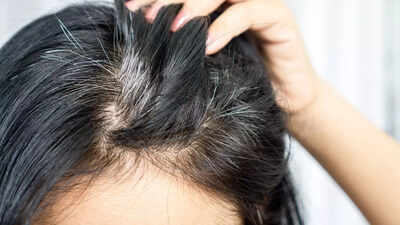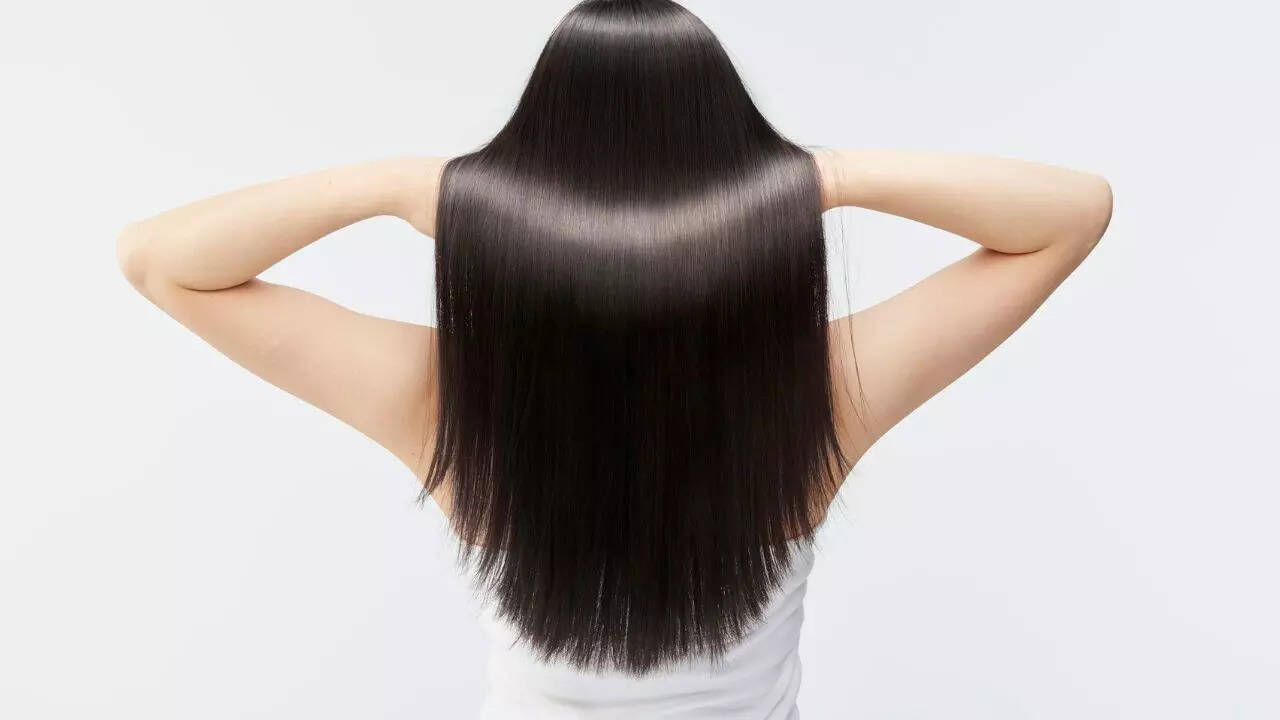ARTICLE AD BOX

Grey hair is commonly associated with ageing, yet some people retain their natural hair colour well into later life. While genetics largely determine hair pigmentation, lifestyle, health, and environmental factors also play significant roles in delaying greying.
Stress levels, gut health, oxidative balance, hormonal stability, and thyroid function can influence the activity of melanocytes, the pigment-producing cells in hair follicles. By understanding how these factors work together, it becomes clear that premature greying is not always inevitable. Maintaining overall health and a balanced lifestyle can help preserve natural hair colour and delay the appearance of grey strands.
Reasons why some people never get grey hair

Genetics
Genetics play a crucial role in determining when and how hair turns grey. Some people inherit genes that allow melanocytes, the pigment-producing cells in hair follicles, to remain active for decades. These genes help maintain the production of melanin, the pigment responsible for hair colour, preventing it from fading even in old age. Essentially, if your parents or grandparents retained their natural hair colour well into later life, there is a strong likelihood that you may too.
Genetics, however, is just one piece of the puzzle, and other factors also influence the process of greying.
Low stress
Chronic stress is often linked to premature greying. According to a study published in NIH,elevated stress levels trigger the release of cortisol, a hormone that can negatively affect melanocytes and accelerate the loss of pigment in hair follicles. On the other hand, people who manage stress effectively through relaxation techniques, meditation, regular exercise, or mindfulness practices tend to experience delayed greying.
Maintaining a calm, balanced lifestyle not only benefits mental and physical health but can also play a significant role in keeping hair colour intact for longer.
Healthy gut microbiome
A healthy gut microbiome is essential for nutrient absorption and overall wellbeing. The gut plays a key role in providing vitamins and minerals necessary for melanocyte function, including vitamin B12, iron, copper, and zinc. A balanced gut flora reduces inflammation and supports nutrient assimilation, helping to protect hair follicles from damage.
Individuals with a healthy digestive system are better equipped to maintain the biochemical processes that preserve natural hair colour, demonstrating the interconnectedness of gut health and hair vitality.
Low oxidative stress
Oxidative stress occurs when free radicals accumulate in the body and damage cells, including melanocytes in the hair follicles. High levels of antioxidants in the diet and body can neutralise these free radicals, reducing oxidative stress and slowing down hair greying.
People who consume antioxidant-rich foods such as berries, green vegetables, nuts, and seeds often show a slower progression of grey hair. Lifestyle choices like avoiding excessive smoking, pollution exposure, and UV damage also help maintain low oxidative stress and support hair pigment retention.
Balanced hormones
Hormones, including oestrogen, testosterone, and cortisol, play a significant role in hair health. Imbalances in these hormones can affect melanocyte activity and accelerate greying.
Individuals who maintain hormonal balance, either naturally or through lifestyle and medical guidance, may be able to delay the appearance of grey hair. Balanced hormones not only contribute to hair colour preservation but also improve hair thickness, texture, and overall scalp health.
Healthy thyroid function
The thyroid gland regulates metabolism and influences hair growth and pigmentation. Thyroid disorders, particularly hypothyroidism, are commonly associated with premature greying.
Maintaining healthy thyroid function through proper diet, medical monitoring, and supplementation if needed can help prevent or slow down greying. Regular thyroid check-ups and addressing deficiencies early ensure that melanocytes continue to function optimally, supporting natural hair colour for longer.While grey hair is a natural part of ageing, genetics, stress management, gut health, oxidative balance, hormonal stability, and thyroid function all contribute to how and when hair loses its pigment.
People who maintain these factors through healthy lifestyles, balanced diets, and regular medical care often enjoy natural hair colour well into old age. Understanding these elements highlights that premature greying is not always inevitable and that taking care of overall health can have visible benefits for hair as well.Disclaimer: This article is for general informational purposes only and is not a substitute for professional medical advice, diagnosis, or treatment. Always seek the guidance of a qualified healthcare provider regarding any medical condition or lifestyle change.Also Read: 5 dragon fruit benefits for skin: DIY ways to use it for a natural glow



.png)
.png)
.png)
















 1 day ago
3
1 day ago
3









 English (US) ·
English (US) ·